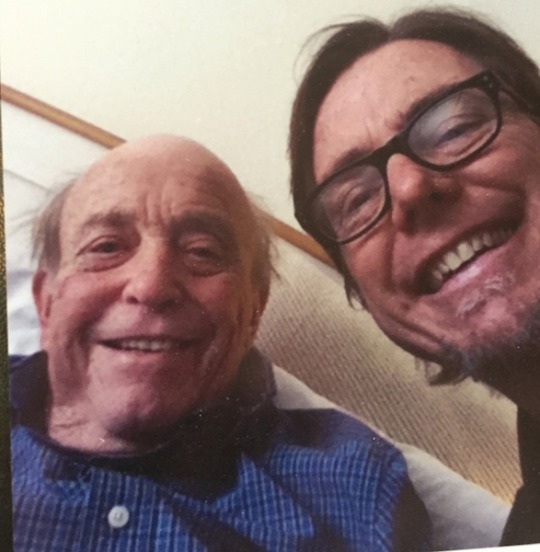
In England during the Blitz of WWII, there were special British military units that would diffuse unexploded bombs (“UXBs”). Their efforts and bravery were greatly appreciated.
The men of these units were not highly trained experts in the field of explosives, nor did they have the latest Bond-style gadgetry. These men learned over time various techniques and procedures for disarming and destroying the UXBs. But the Nazis repeatedly confronted them with more cunning and deadlier technological advances for aerial bomb fusing.
There are still unexploded bombs
They still find UXBs from WWII. They are old and rusty, and often buried in the ground. Because of the decay they look harmless, but on the contrary they are very dangerous.
These old bombs are very difficult to diffuse. Gaining access to the bomb is challenging. The wiring is usually corroded making disconnecting the triggering mechanism next to impossible.
You might have an unexploded bomb
The writer of Hebrews wrote,
Looking carefully lest anyone fall short of the grace of God; lest any root of bitterness springing up cause trouble, and by this many become defiled. (Hebrews 12:15. NKJV)
There are things that have hurt you or offended you, which left on their own, have the insidious capacity to not only make you bitter, but to cause trouble. And this is one of the most deceptive weapons of the enemy.
Like an old unexploded bomb sitting in the ground, all rusty and almost unnoticeable, so is the root of bitterness. And the longer it sits, the more dangerous it becomes and the more difficult to disarm. What makes it even trickier is the devil will keep re-wiring the device of your bitterness with new and deadlier components.
The technique
You don’t have to be an expert. In the same way the UXB units learned techniques for disarming bombs, you can learn how to disarm the explosive bomb of bitterness. And Jesus Christ has already given you an incredible lesson.
Make allowance for each other’s faults, and forgive anyone who offends you. Remember, the Lord forgave you, so you must forgive others.
(Colossians 3:13, NLT)
Forgive as you have been forgiven. This will keep any root from taking hold, and it will keep everyone one around you safe…which they will greatly appreciate and benefit from.








